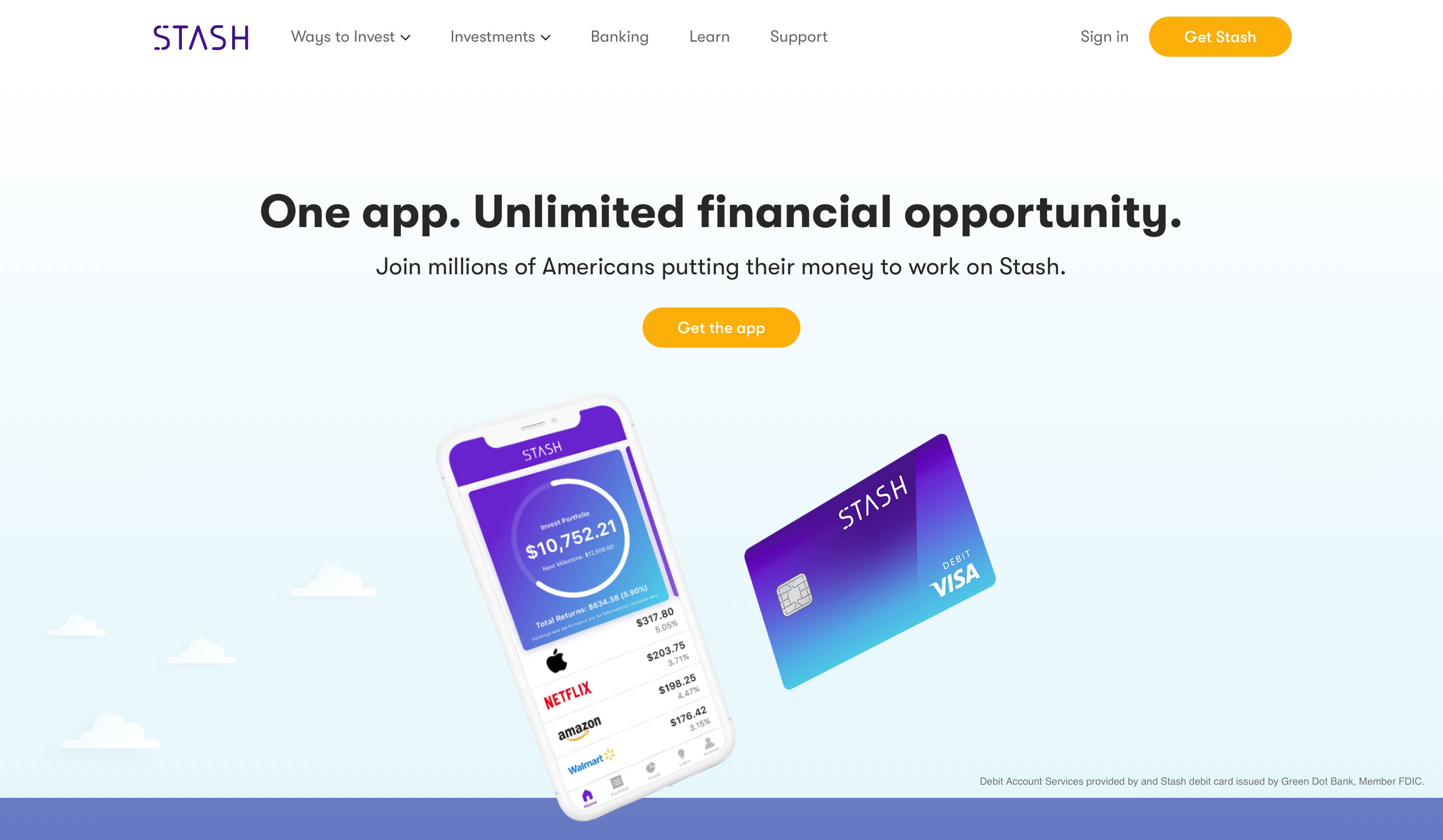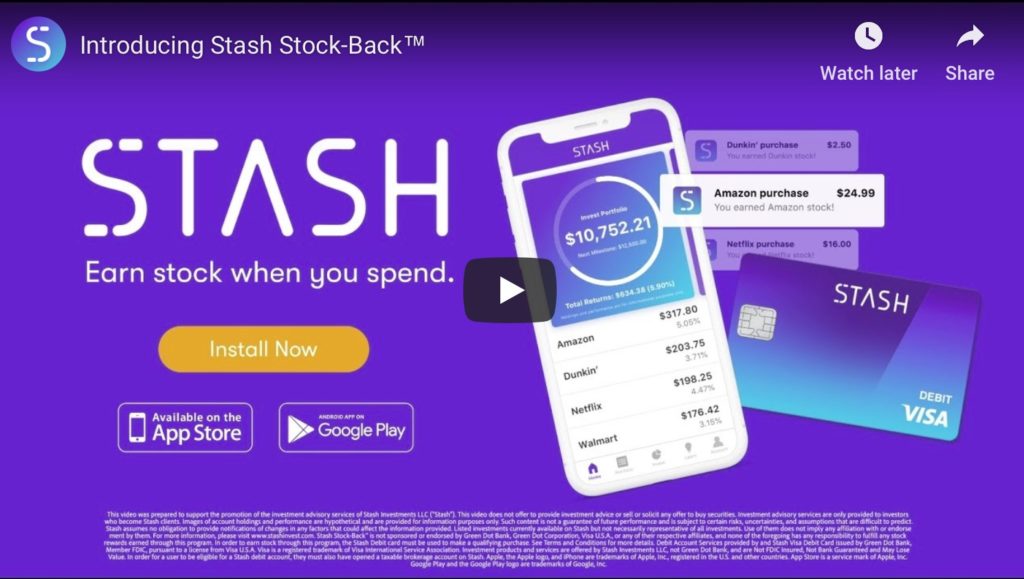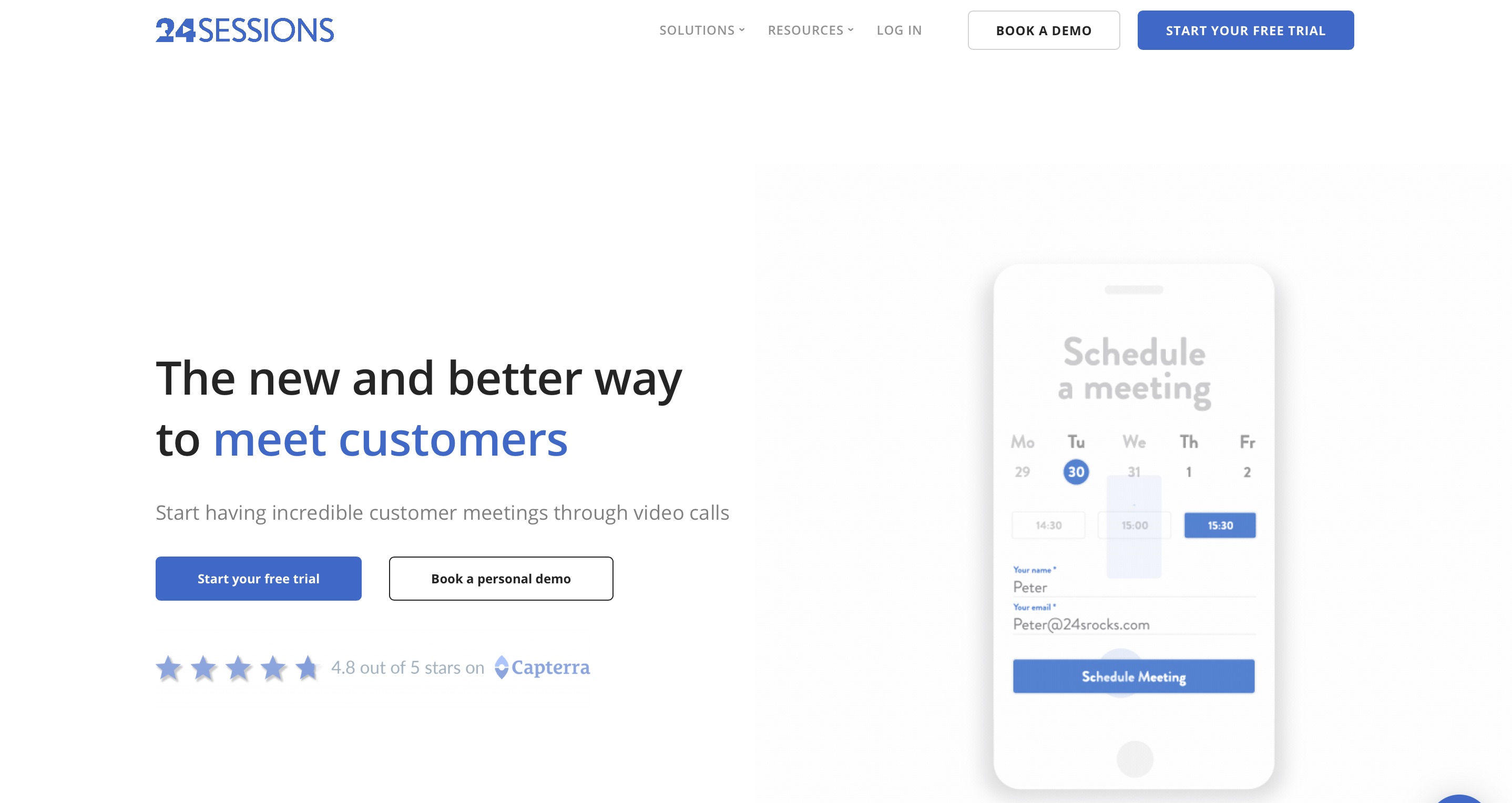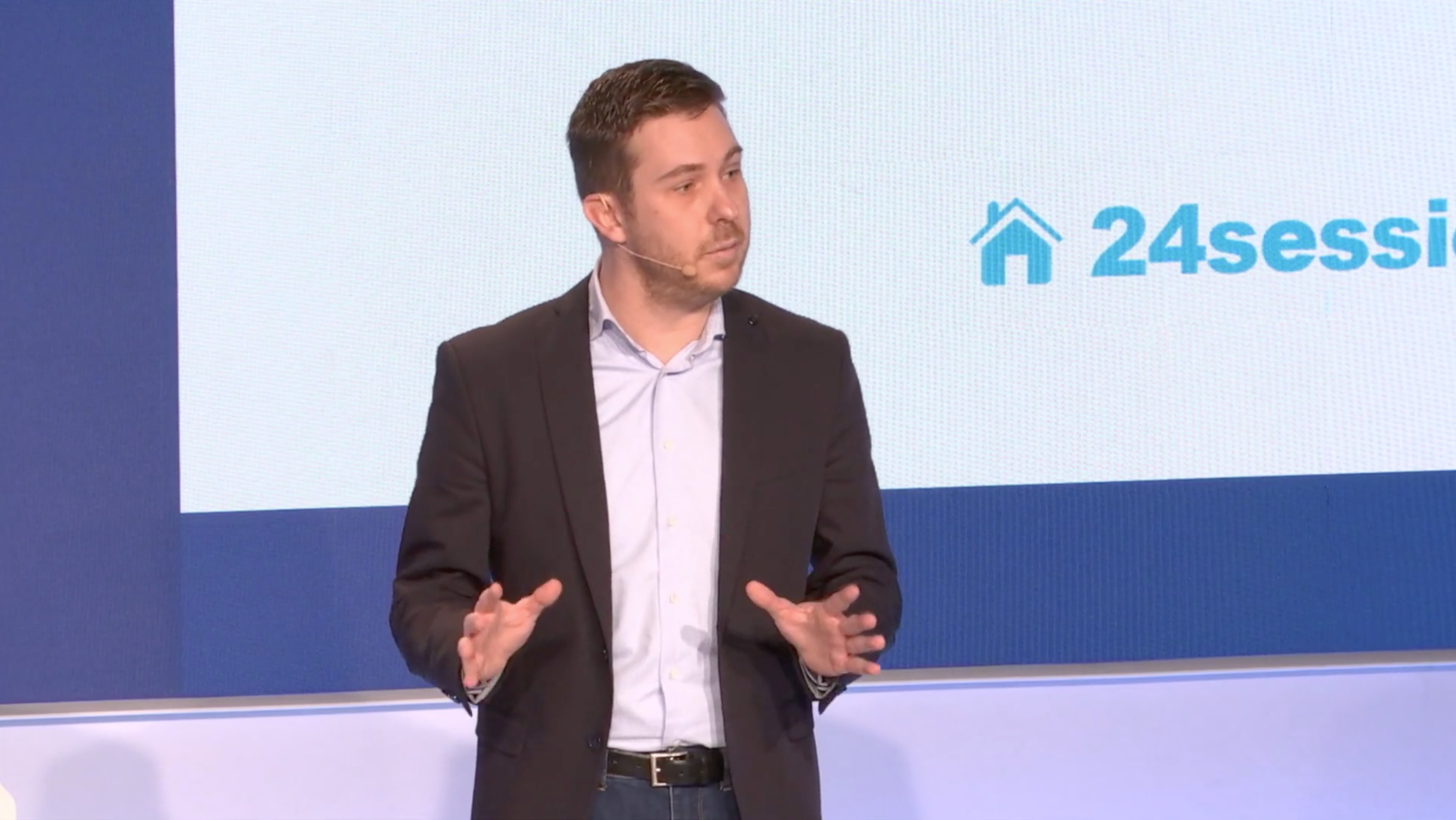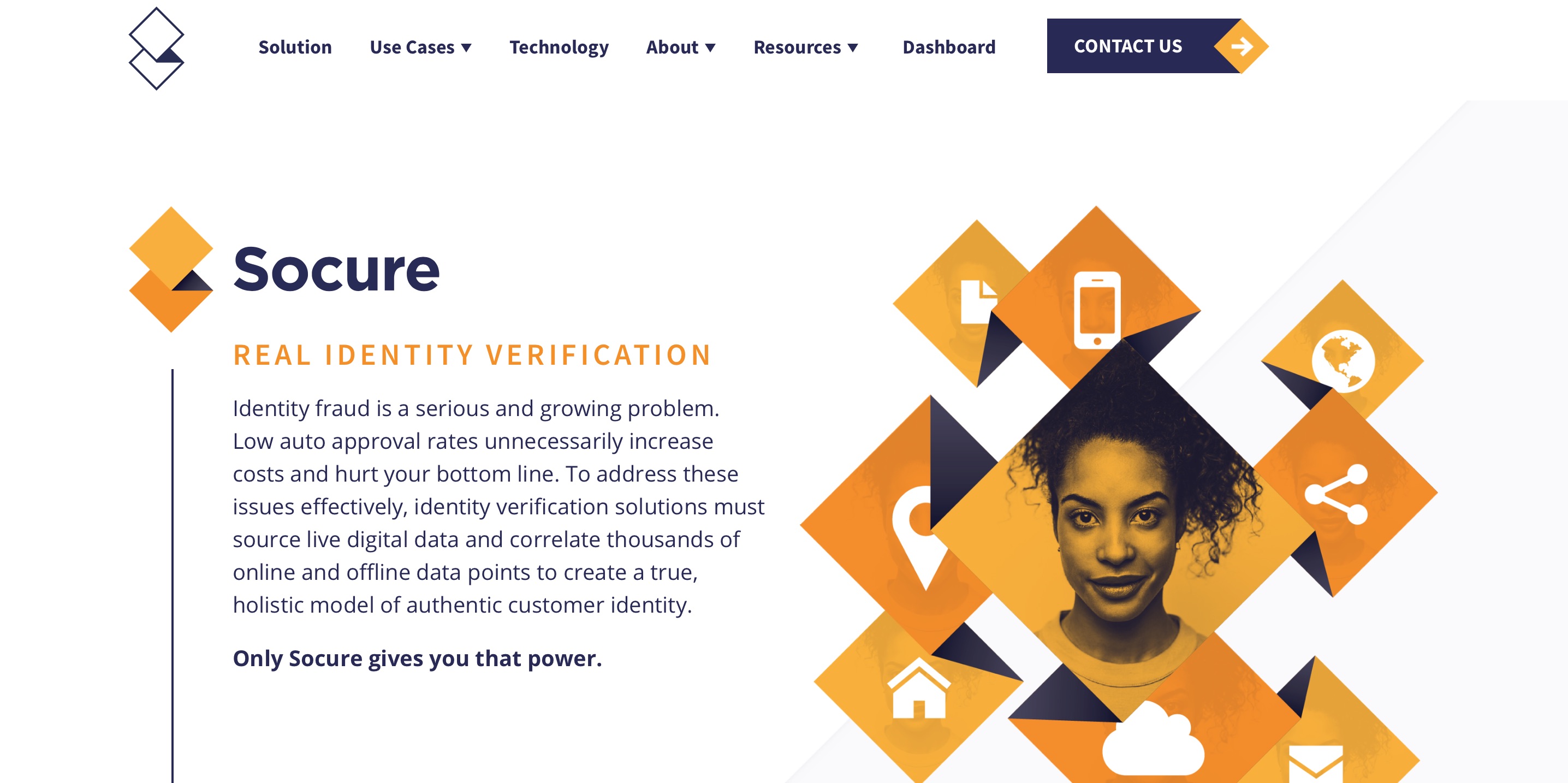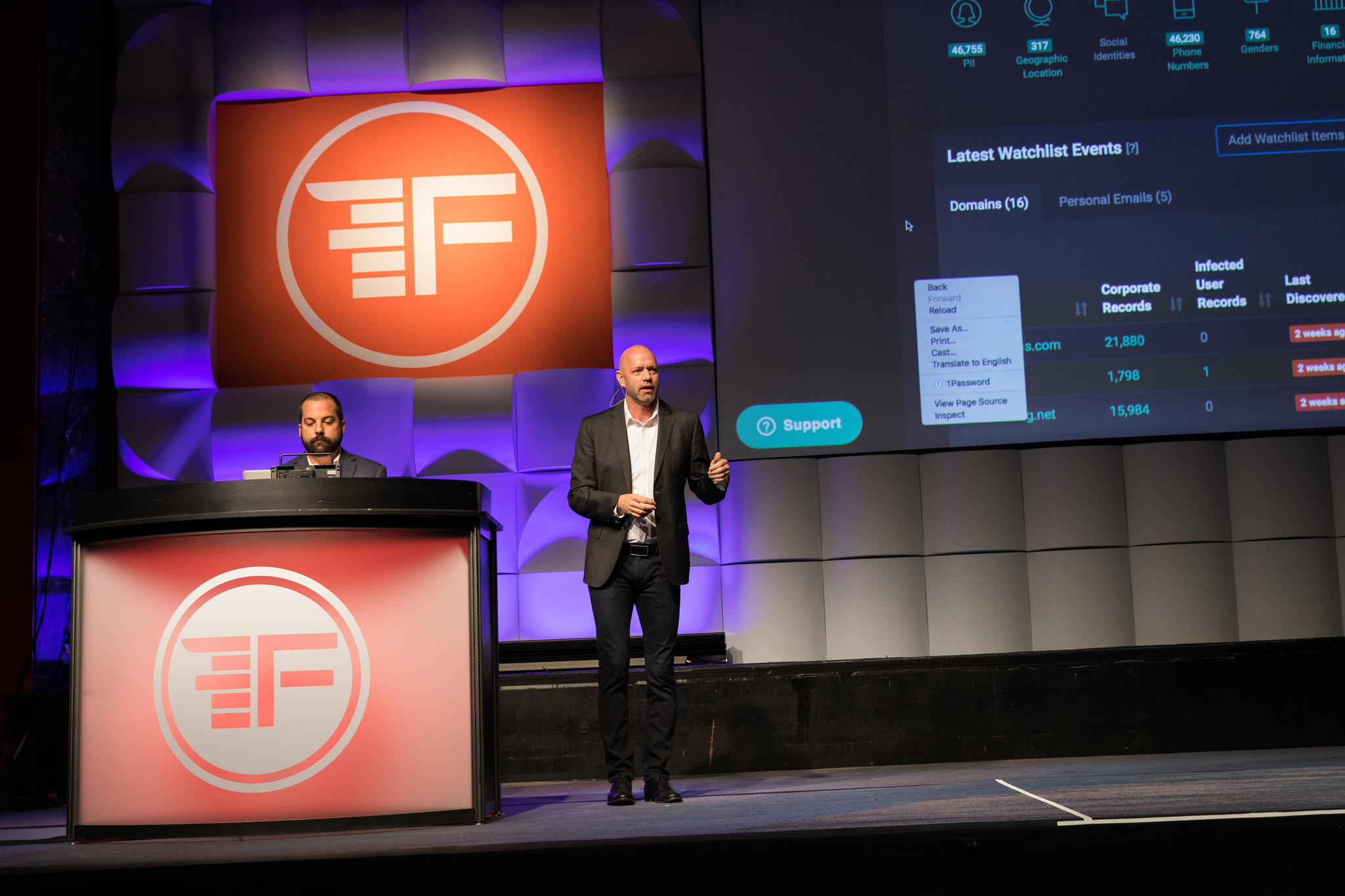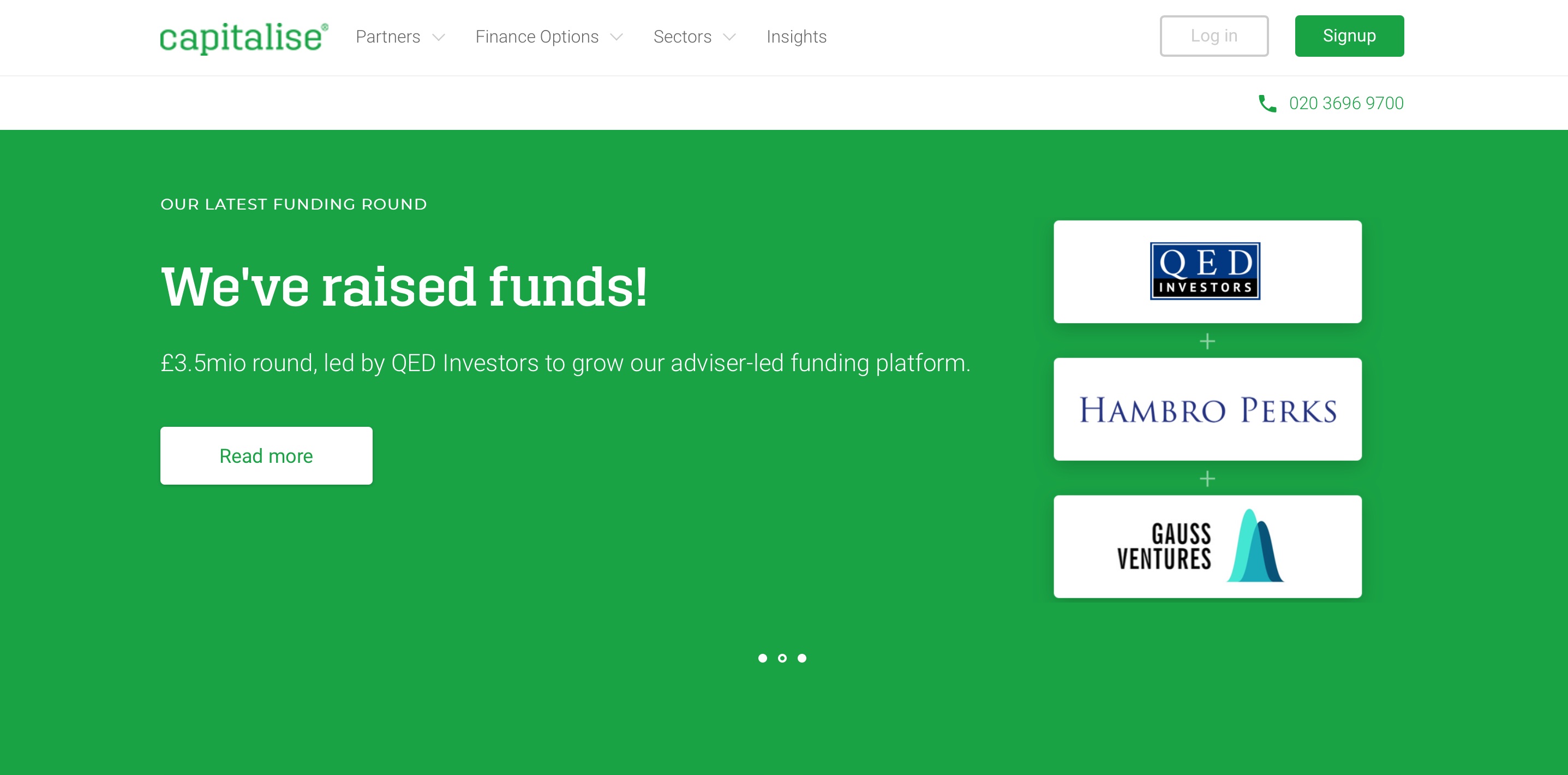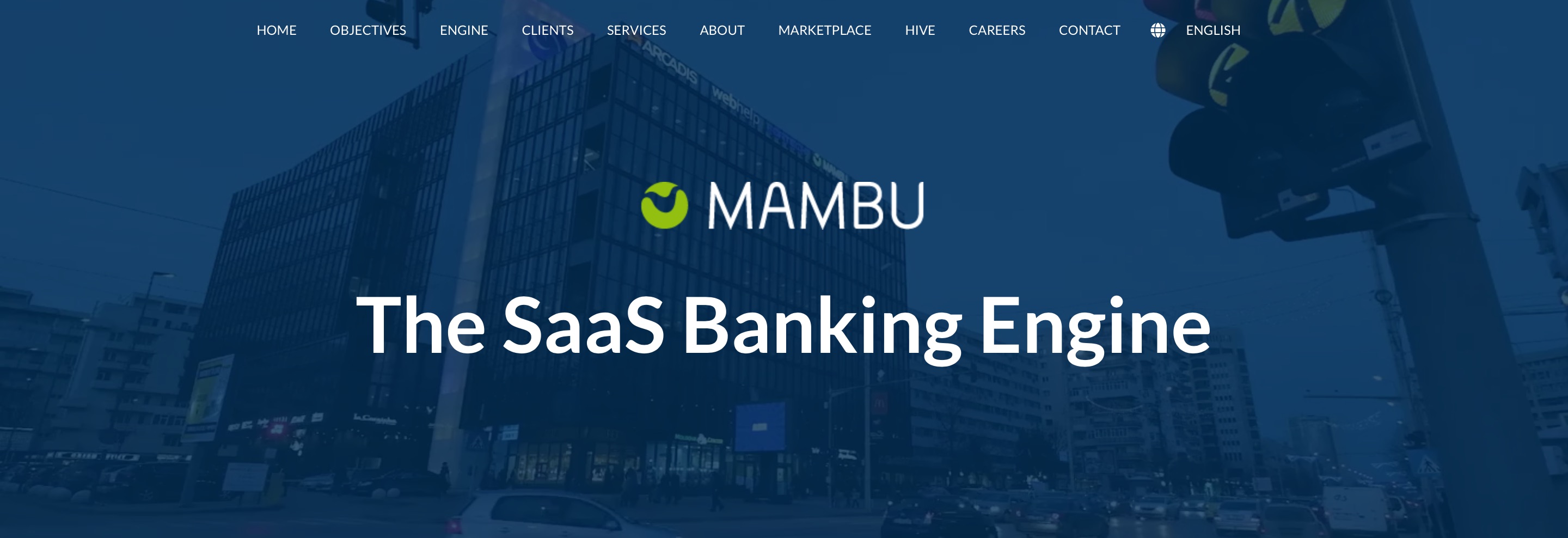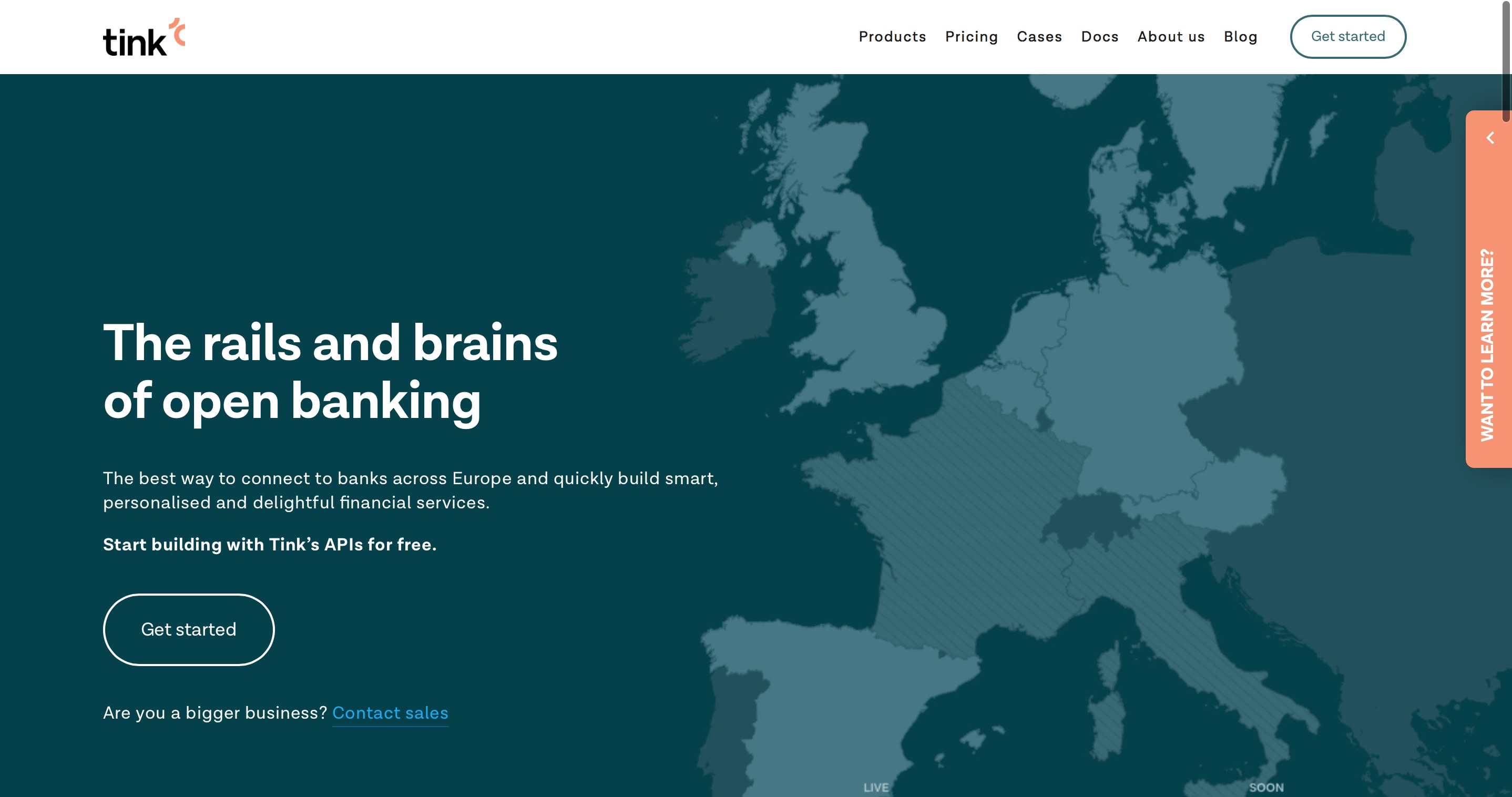“I still think I’m the first person with dreads to raise $11.6 million.”
That’s how Gregory Ugwi, co-founder and CEO of alternative data provider Thinknum, summed up the company’s just-closed Series A funding round in a tweet earlier today. The firm, which made its Finovate debut at FinovateFall 2014, enables investors to access non-traditional data on company performance and behavior that can provide actionable insights.
“Over the past couple of years, we have helped hundreds of data-driven companies and investment firms derive valuable insights from alternative data,” Thinknum co-founder Justin Zhen wrote at the company’s LinkedIn page today. “We believe that the greatest challenge any society has to face is how to efficiently allocate resources. The movement of commercial activity to the web provides important data sources that businesses need to make smarter decisions.”
He added, “By helping companies track that data, we’re helping businesses make critical strategic moves ahead of their competitors.”
Thinknum gives non-programmers the ability to query large datasets quickly, using intuitive tools and advanced visualizations to make data easier to understand. The platform enables users to scan open source data on 400,000+ of companies, and alert users when specific metrics are triggered.
Today’s funding comes as the company announces that it has been cash flow positive for “the past few years” and doubling revenues every twelve months. Green Visor Capital led the Series A, which takes Thinknum’s total capital to $12.6 million.
The company plans to use the new capital in three main areas: make it easier for non-programmers to use external, alternative data; build its business and engineering teams; and “spread the word” about the actionable insights available via alternative data.
“We will continue to share our economy-changing findings with the world and reach out to decision makers and analysts and show how they can leverage these new information sources to solve their specific problems,” Zhen wrote.
Founded in 2013, Thinknum was featured last fall in TechCrunch’s look at 14 seed-stage startups. The company, which includes Barclays, Goldman Sachs, and Bank of America Merrill Lynch among its clients, is headquartered in New York City.

